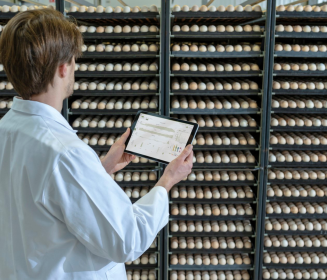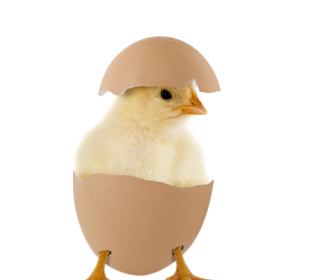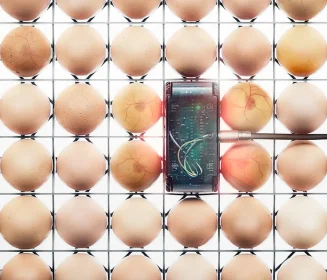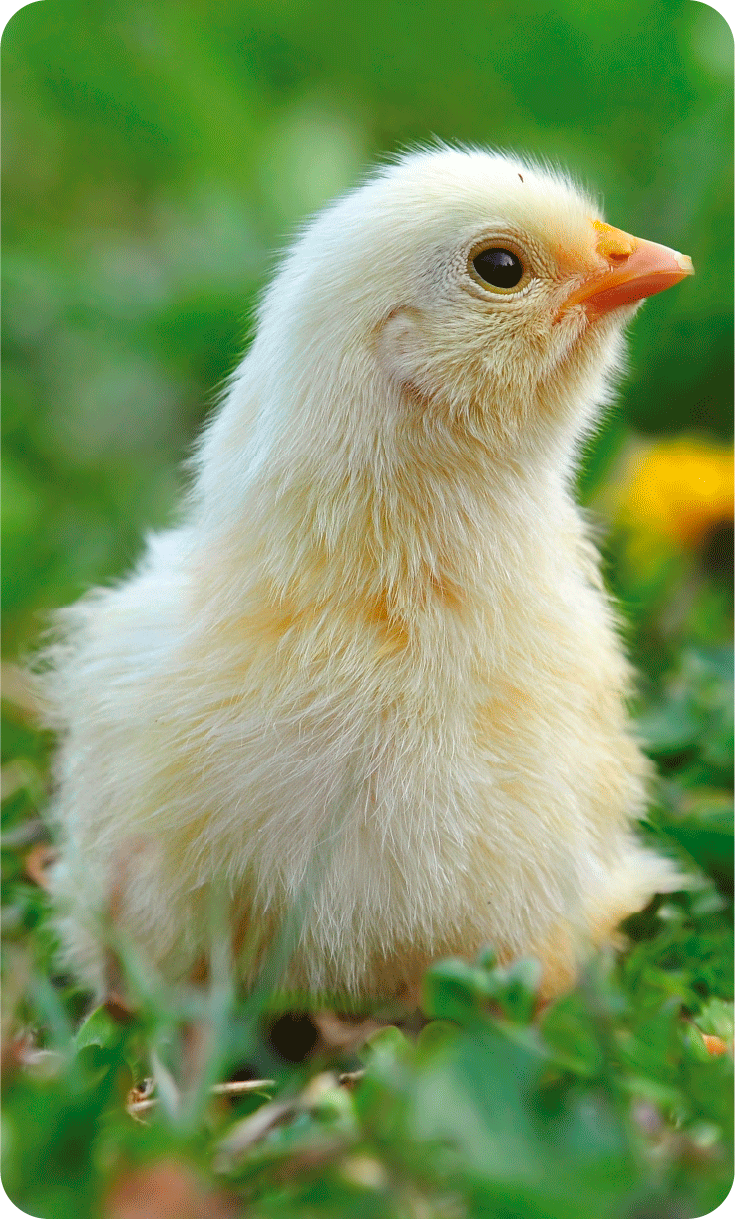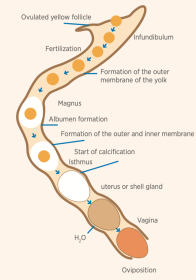
29 Dec 2022
The fertilization process and embryo mortality, What is the relationship?
Embryo mortality is normal throughout the life of a flock because embryo development is a biological system in which nothing is perfect...
Embryo mortality is normal throughout the life of a flock because embryo development is a biological system in which nothing is perfect.
Hatchery and farm success is producing the maximum number of quality chickens with the lowest number of farms to meet market demands, which could be easily achieved, in an ideal world, by consistently having:
- Excellent growers and staff
- Top-notch farms
- Excellent fertility
- Exceptional facilities (hatchery and farms)
It should be noted that producing the maximum number of quality chickens with the fewest farms should be achieved in the most economical way possible.
Unfortunately, we do not live in this ideal world, so these criteria are not easily achievable, especially if we deal with a biological system where 100% success is physiologically impossible.
Critical factors influencing hatchability and chick quality
There are several critical factors that influence hatchability and chick quality through their effects on fertility and shell quality:
- Age
- Health
- Stress
- Nutrition
- Management
Handling the hatching egg after being laid by the hen also plays a critical role in its hatchability potential and subsequent chick quality.
Hatching potential
Once the egg is laid —oviposition—, its hatching potential is already determined based on the previously mentioned factors of the reproductive flock.
Hatch potential can, at best, be maintained by proper egg handling before and during the hatching process but cannot be improved at any time during the hatching process.
The modern broiler breeder hen often requires specific management and nutrition, both before and after the start of breeding, to reach its full reproductive potential.
Good management and specific nutrition must be adhered to maximize the number of quality chickens entering the farms.
With the great difficulties in producing enough viable fertile eggs, proper egg handling and incubation practices must be followed.
Everything that happens after oviposition, both before and during the incubation process, can cause costly reductions in the hatchability of eggs from a healthy, fertile, and productive flock.
A review of the fertilization process and embryonic development will help to understand the importance of proper egg handling and storage conditions to which hatching eggs are often subjected.
Fertilization and Embryonic Development

The egg formation process requires approximately 24 to 26 hours to finish.
- About 20 minutes after oviposition, the next ovum (or yolk) ovulates, and this is the egg that is usually laid the next day.
- The recently ovulated egg must be fertilized within the
TO CONTINUE READING REGISTER IT IS COMPLETELY FREE
Access to articles in PDF
Keep up to date with our newsletters
Receive the magazine for free in digital version
REGISTRATION
ACCESS
YOUR ACCOUNT
LOGIN
Lost your password?







